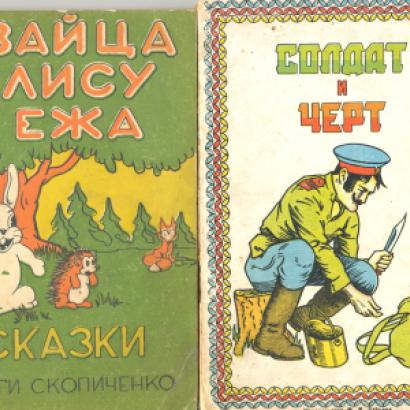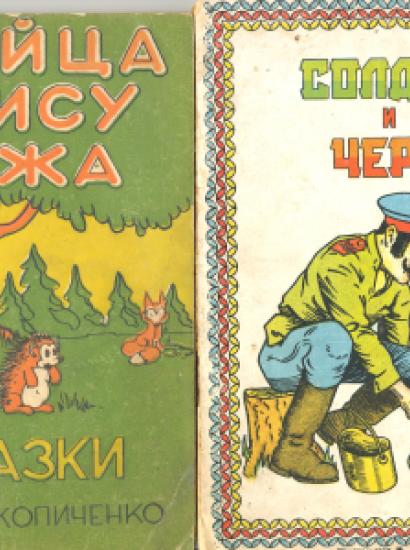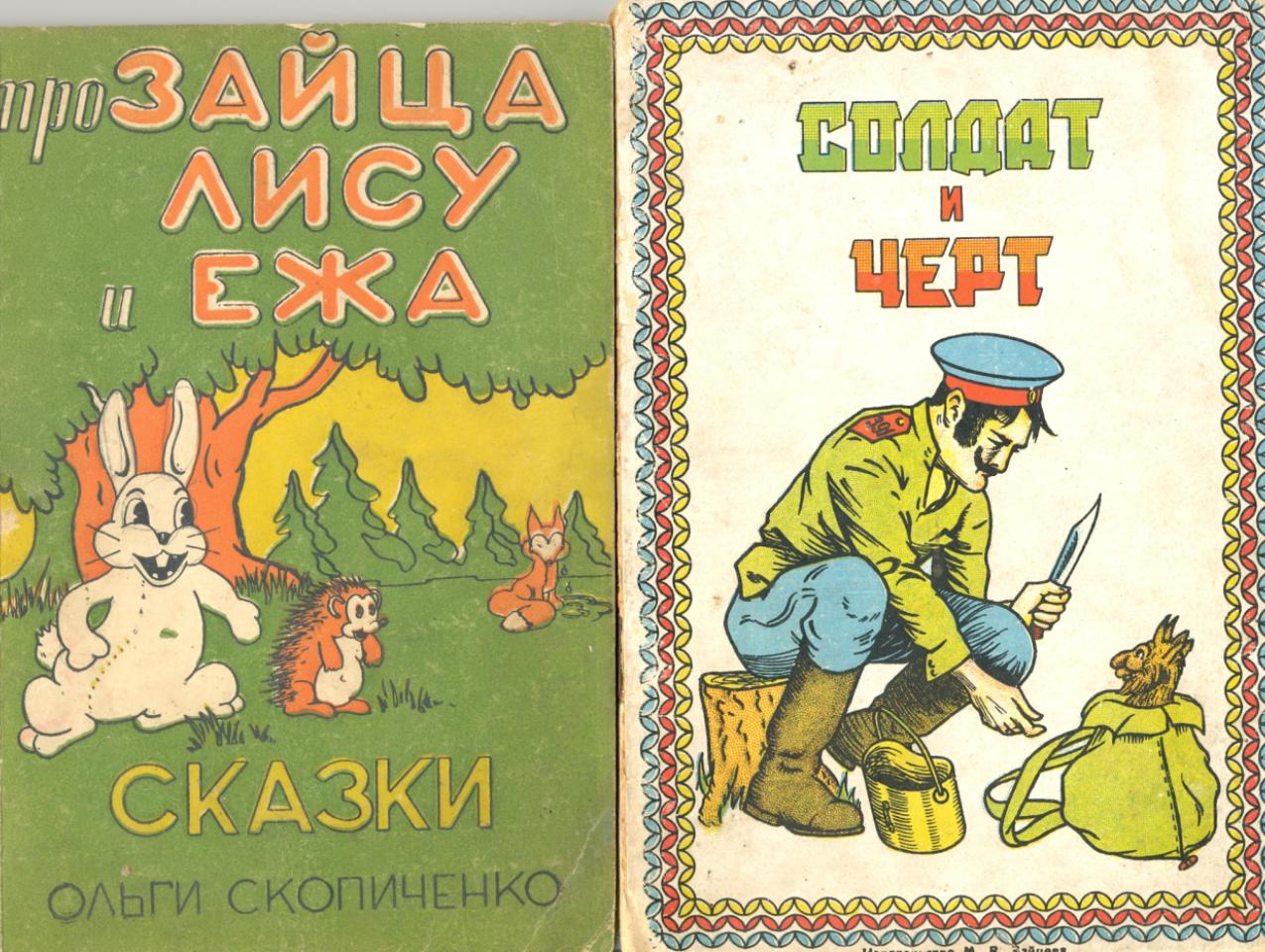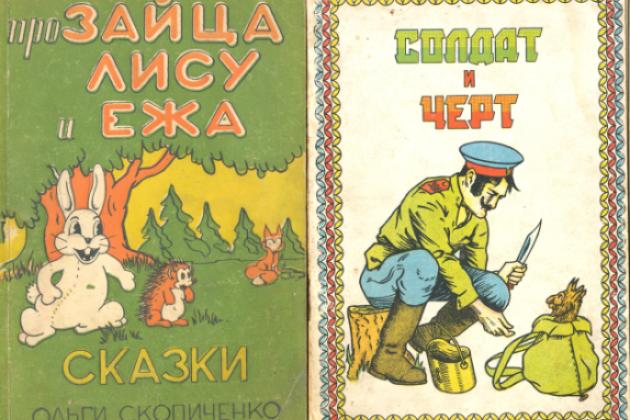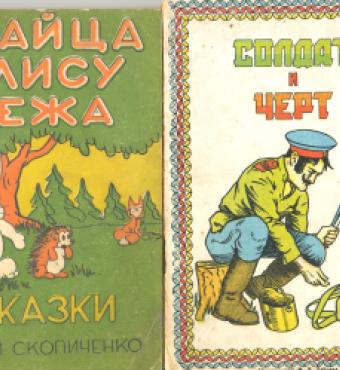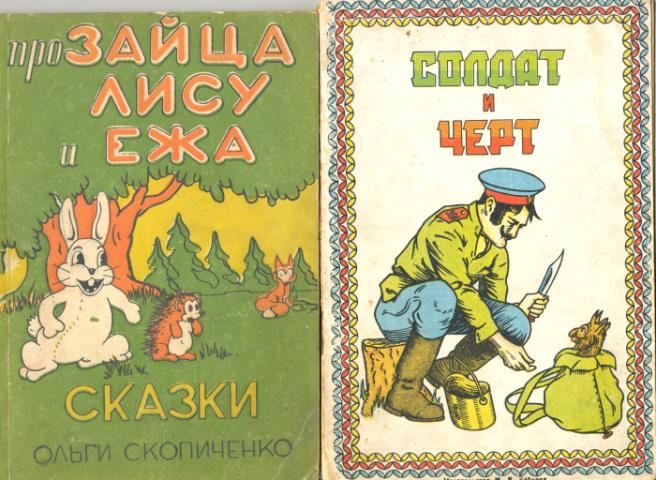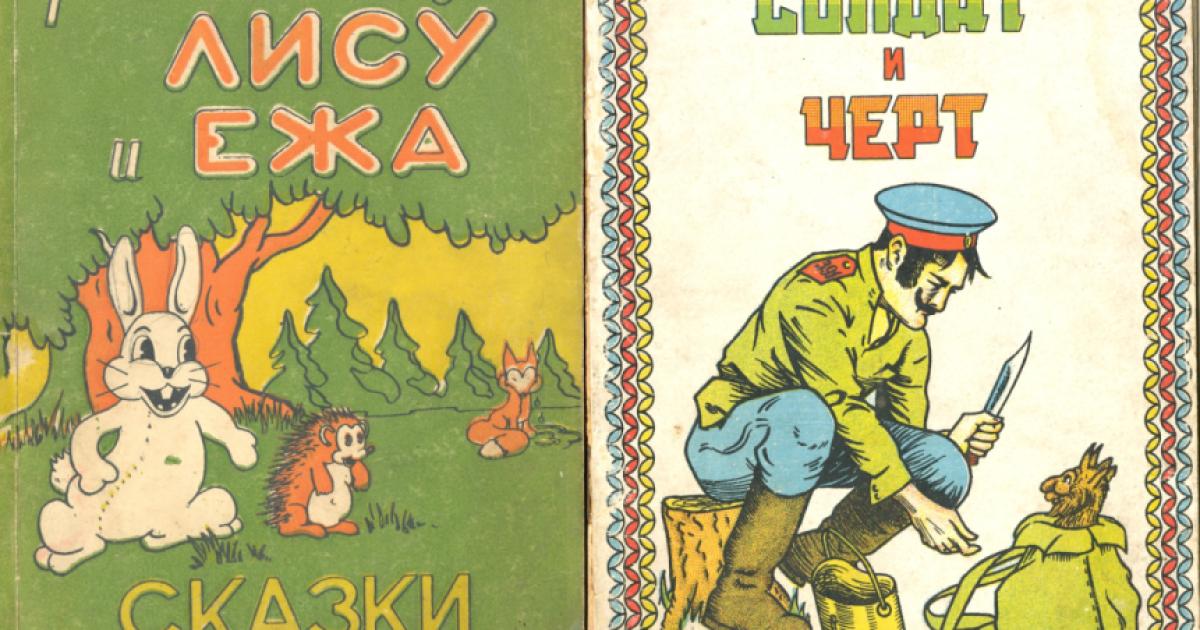Vadim Krassovsky was a Russian émigré in China and the United States, active in émigré social, cultural, and religious institutions. These papers primarily document periods of his life and activity in China in the 1940s.
Historians of the Russian emigration in China will be attracted to the minutes of meetings of the Russian Emigrants’ Association in Shanghai for 1946–48. This was a significant time for the Russians in China, when it was becoming increasingly clear that their quiet lives would soon be turned upside down due to the rise of the Communist Party. Most would either return to the USSR or emigrate abroad yet again: to the United States, Australia, or Latin America, typically via the Tubabao refugee camp on Samar Island, Philippines. These unique documents make it possible to trace the activities of the Russian Emigrants’ Association in helping save Russians from repatriation to the USSR and in combating growing Soviet influence in Shanghai.
Further documents relate to the lives of Russians in the Tubabao camp in 1949 (including minutes of meetings where Russian émigré groups were represented, as well as appeals and correspondence with representatives of the International Refugee Organization) and the activities of G. K. Bologov, former head of the Russian Emigrants’ Association in Shanghai, in San Francisco in the 1960s. Also of significance for researchers interested in Russian émigré book culture, the collection includes a selection of printed matter in Russian, most notably very rare illustrated children’s tales published in China.
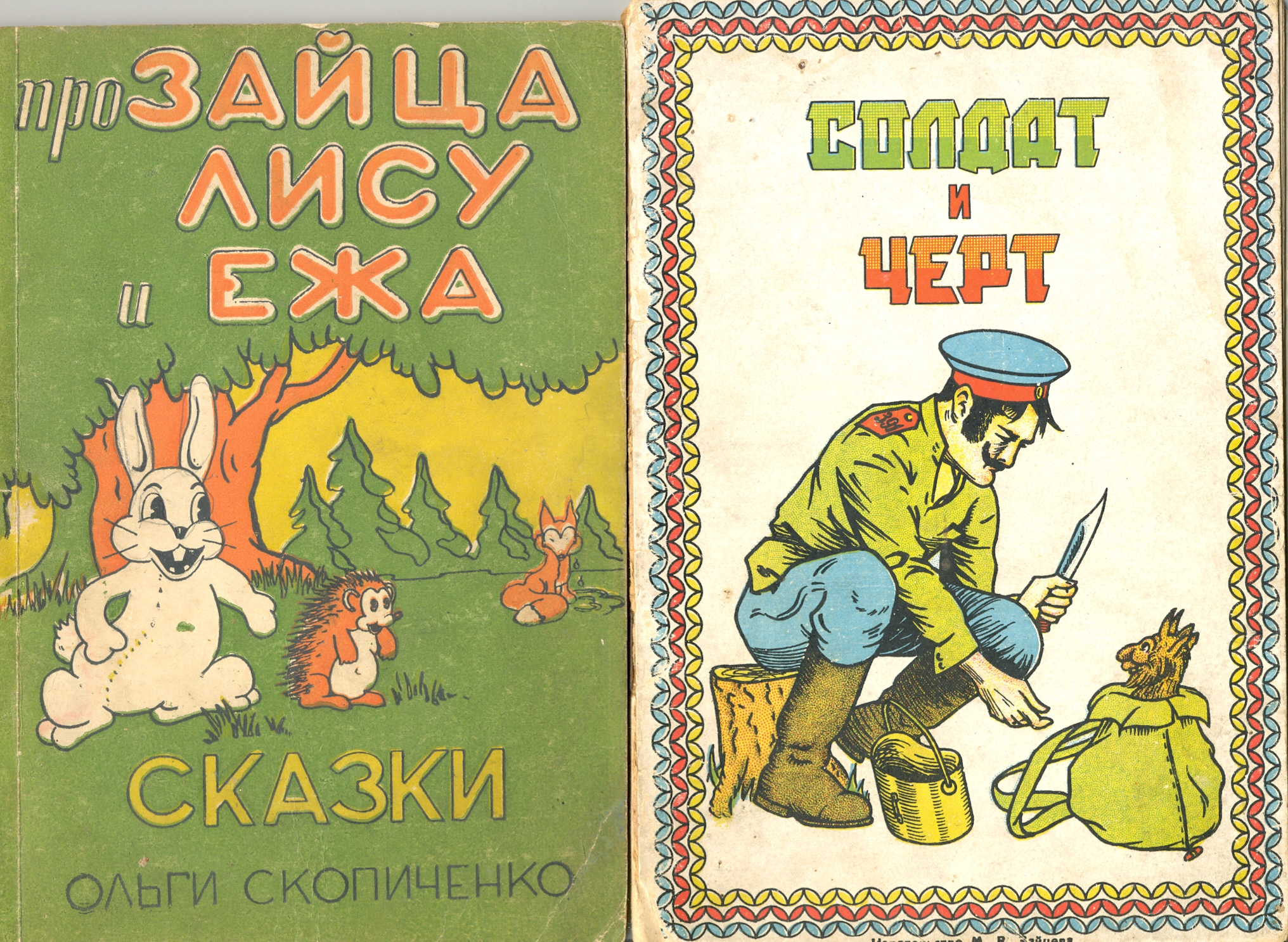

Anatol Shmelev PhD
Anatol Shmelev is a research fellow, Robert Conquest curator of the Russia and Eurasia Collection, and the project archivist for the Radio Free Europe/Radio Liberty Collection, all at the Hoover Institution.




